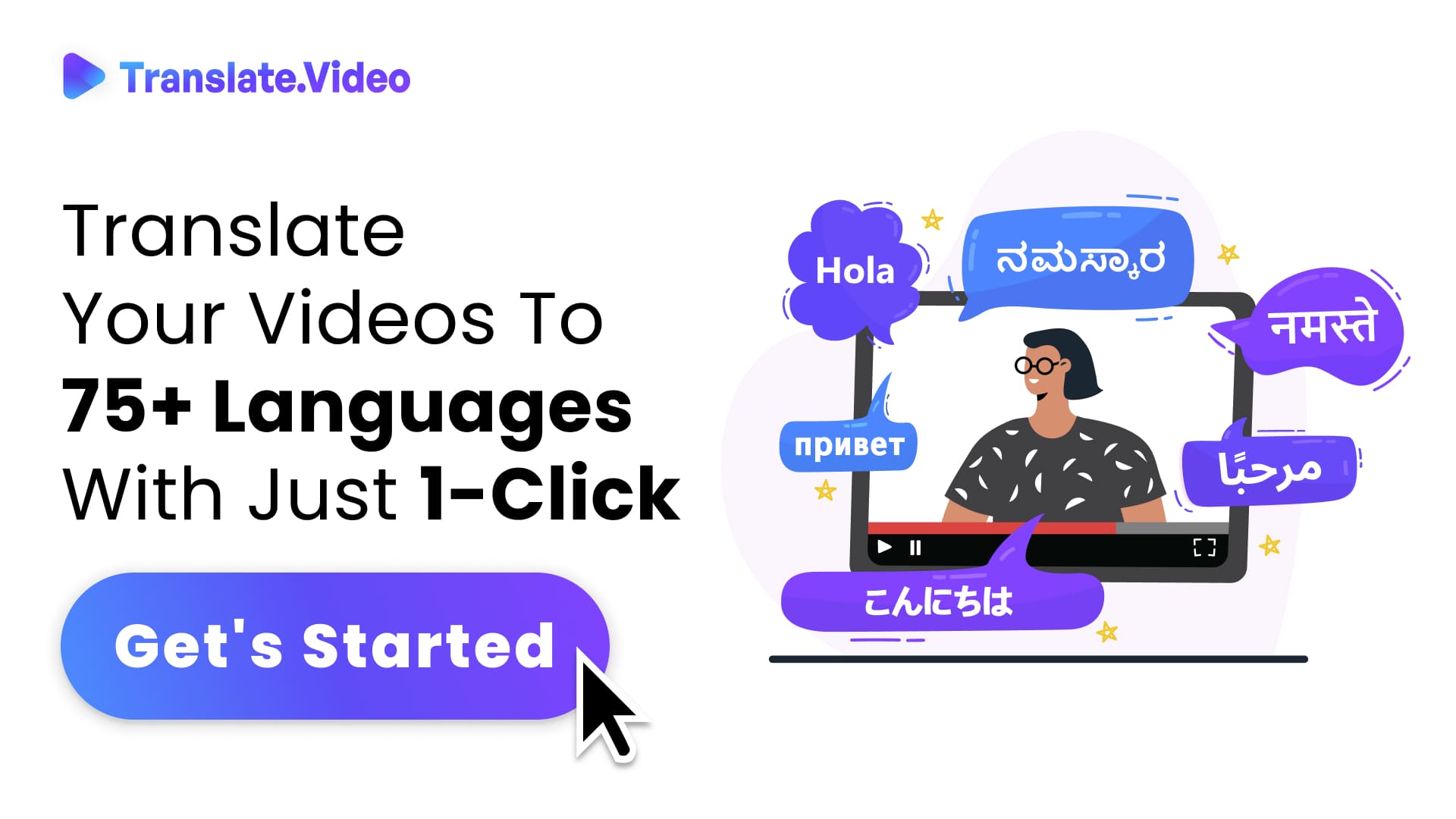How to Use WhatsApp Messaging for Sales: Tips and Strategies for Driving Conversions
How to Use WhatsApp Messaging for Sales: Tips and Strategies for Driving Conversions
In today's digital age, WhatsApp has become an essential tool for businesses to connect with customers, drive conversions, and boost sales. With over 2 billion active users, WhatsApp provides an easy and effective way to communicate with your audience and increase your reach. In this article, we will explore the best tips and strategies to use WhatsApp messaging for sales and how it can help you achieve your business goals.
Outline
I. Introduction A. What is WhatsApp messaging? B. Why use WhatsApp for sales? II. Tips for using WhatsApp messaging for sales A. Use WhatsApp Business B. Build a Contact List C. Personalize Your Messages D. Use Multimedia Messages E. Offer Discounts and Deals F. Provide Excellent Customer Service III. Strategies for driving conversions with WhatsApp messaging A. Use Automated Messages B. Use WhatsApp Status IV. Conclusion V. FAQ
What is WhatsApp messaging?
WhatsApp messaging is a free mobile messaging app that allows users to send text messages, voice messages, photos, and videos to other users. WhatsApp is available on both iOS and Android platforms, making it easy for businesses to communicate with customers on the go.
Why use WhatsApp for sales?
WhatsApp is a powerful tool for businesses to reach their target audience and drive conversions. With a 98% open rate, WhatsApp messages are more likely to be read than emails, making it an effective way to communicate with customers. WhatsApp also allows businesses to personalize their messages, making them more engaging and relevant to the customer.
Tips for using WhatsApp messaging for sales
Use WhatsApp Business
WhatsApp Business is a free app designed specifically for businesses. It allows you to create a business profile, add a description, contact information, and website links. WhatsApp Business also provides features like automated messages, quick replies, and message labels that make it easier to manage your conversations.
Build a Contact List
Building a contact list is essential for using WhatsApp messaging for sales. You can start by asking customers to opt-in to your WhatsApp list through your website or social media channels. Once you have a contact list, you can segment it based on the customer's interests or buying behavior, making it easier to send relevant messages.
Personalize Your Messages
Personalization is key when using WhatsApp messaging for sales. Use the customer's name and personalize your messages based on their interests or previous purchases. You can also use emojis and stickers to make your messages more engaging.
Use Multimedia Messages
Multimedia messages like photos and videos can help you showcase your products and services and make your messages more engaging. You can also use WhatsApp's new feature of sending interactive catalogs of your products.
Offer Discounts and Deals
Offering discounts and deals is a great way to drive sales with WhatsApp messaging. You can send exclusive offers to your contact list or use WhatsApp to promote limited-time deals.
Provide Excellent Customer Service
WhatsApp messaging is also an excellent tool for providing customer service. Respond to customer inquiries promptly, and use WhatsApp's features to manage your conversations effectively.
Strategies for driving conversions with WhatsApp messaging
Use Automated Messages
Using automated messages is an excellent way to save time and drive conversions. You can set up automated messages for common inquiries, such as business hours, shipping information, or FAQs.
Use WhatsApp Status
WhatsApp Status is a feature that allows you to share photos, videos, and text that disappears after 24 hours. Use WhatsApp Status to showcase your products, promote deals,
Conclusion:
In conclusion, WhatsApp is a powerful tool for sales and customer engagement. By using the right strategies, businesses can leverage WhatsApp to drive conversions, build customer loyalty, and gain valuable insights into customer behavior. From personalized messaging to customer feedback surveys, WhatsApp offers a range of features that can help businesses connect with their customers in a more meaningful way. By implementing these tips and strategies, businesses can take their sales game to the next level and achieve long-term success.
FAQ:
Can WhatsApp be used for B2B sales? Absolutely! WhatsApp can be used for both B2B and B2C sales. Businesses can use WhatsApp to connect with other businesses and build relationships that lead to sales.
How do I ensure my WhatsApp messages are personalized? Personalizing your WhatsApp messages involves understanding your customers' needs and interests. Use customer data to craft messages that are tailored to each customer's preferences and behaviors.
Can I automate my WhatsApp messages? Yes, you can automate some aspects of your WhatsApp messages, such as sending automatic replies. However, be careful not to rely too heavily on automation, as personalized messaging is key to building customer relationships.
How do I measure the success of my WhatsApp sales strategy? Track metrics such as open rates, response rates, and conversions to measure the success of your WhatsApp sales strategy. Use this data to refine your strategy and make improvements over time.
How often should I send WhatsApp messages to customers? The frequency of your WhatsApp messages will depend on your business and your customers' preferences. It's important to strike a balance between staying top of mind and avoiding overwhelming customers with too many messages. Experiment with different frequencies to see what works best for your audience.
Trending Tags
Trending Blogs
What are you waiting for?
Your Dubbing, Subtitles, Captions in one place
Signup free!
